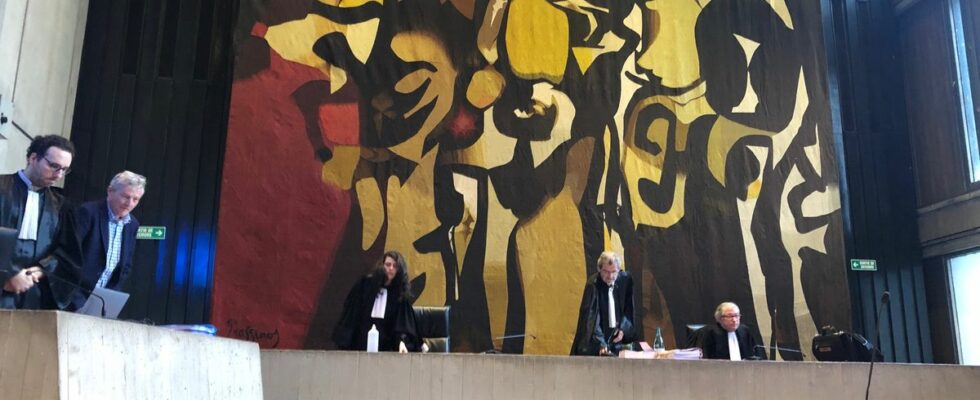Tereos is implicated in the pollution of the Scheldt and the death of hundreds of tonnes of fish in 2020. During the trial being held in Lille, the prosecution demanded, this Friday, a fine of 500,000 euros and the obligation to “repair the environmental damage” against the sugar producer. He also asked for a “penalty of 2,000 euros per day” in the event of non-compliance with the obligation within two years.
Sums, however, “derisory” compared to those claimed by the civil parties (around 20 million euros, including 17 million requested by Wallonia), noted the deputy prosecutor, Florian Pappo. “There was negligence, recklessness, non-compliance with regulations” which “contributed to aggravating the risk of accident”, he pointed out. And “it will take years” to repair the damage.
“One of the 50 biggest polluters in France”
“Tereos is one of the 50 biggest polluters in France”, which “implies being even more respectful” of the laws, he insisted, accusing the group of trying to “dilute” responsibilities.
On the night of April 9 to 10, 2020, after the rupture of a basin dike in Escaudoeuvres, in the North, 100,000 m3 of blackish liquid (beet washing water) had spilled in particular into the Scheldt, river crossing France, Belgium and the Netherlands.
Hundreds of tons of dead fish had been found, the investigation concluding to the “50% reduction in the number of species and 90% in numbers”.
A weakened dam
Tereos, which owns the Béghin-Say brand, has been comparing since Thursday, in particular for dumping “harmful substances in the waters”, but also for “installation” and “operation” without authorization of a work “harmful” to the water.
According to the investigation by the French Office for Biodiversity, the company had not “controlled” the vegetation which prevented the condition of the dikes from being checked, nor the presence of burrows, which could weaken the structure. These problems had been brought to his attention by a provider in 2016.
Another “recklessness”, according to the prosecutor, after an accident on another basin in early 2020, Tereos had transferred 40,000 m3 of water into the one in question. And the company had not informed the State of the work carried out in 2017 to develop this basin.
The group recognizes localized pollution but disputes the criminal qualifications. He defended himself Thursday of “any negligence” on the maintenance of the dike which gave way. Judgment is due January 12.

